#germany
Buy/Drive/Burn: Mid-seventies Captive Imports
Today’s Seventies captive imports trio comes to us via suggestion by commenter MRF 95 T-Bird. He wants to see which of the Manta, Capri, and Arrow warrants a malaise era Buy. We’ll straddle two model years today, 1975 and 1976.
Buy/Drive/Burn: Near Premium Midsize Sedans From 2011
Today’s Buy/Drive/Burn trio are near-premium sedans from the midsize segment. This set was a suggestion from commenter CoastieLenn on our B/D/B entry from last week. The year is 2011 – does Acura, Audi, or Volvo get the Buy nod?
Drama at Volkswagen After CEO Suggests 30,000 Job Cuts
Volkswagen CEO Herbert Diess has been facing off with the company’s German workforce for weeks over the changing nature of the business. VW vowed to transition itself toward an all-electric lineup following the 2015 diesel emissions scandal. But the necessary steps to get there haven’t been universally appreciated.
The general assumption has always been that electric vehicles would result in massive layoffs across the industry by nature of their needing fewer parts than internal combustion vehicles. But Volkswagen seems worried that it’s falling behind smaller rivals and needs to take decisive action to make sure it’s not outdone by firms operating in the United States and China. The proposed solution is an industrial overhaul designed to fast-track VW’s electrification goals. Unfortunately, German labor unions are convinced that this plan would incorporate massive layoffs and have become disinclined to offer their support. The issue worsened in September when Diess told the supervisory board that a slower-than-desired transition to EVs could result in 30,000 fewer jobs.
Audi Resurrects Historical Horch Nameplate, Creates New Luxurious Rare Ride
Audi recently announced a new, super luxurious version of its largest sedan, and it’ll wear some branding not seen in a very long time. Wake up Horch, it’s 2022.
Rare Rides: The 2000 Mercedes-Benz CL 500, a Finale Called Final Edition
Large, luxurious, and very serious, the first generation CL was also an SEC and S during its life. While Mercedes-Benz played the Nineties naming games with its lineup, the W140 soldiered on in two-door format as a last-of for a top-tier Mercedes coupe.
Dual Realities: VW CEO Claims Slow EV Shift Could Cost 30,000 Jobs
Like the rest of the world, the automotive industry is currently living in two distinct realities. Labor unions and part suppliers have been sounding the alarm that electric vehicles will require far fewer hands to manufacture and will ultimately lead to their demise. But battery firms, establishment politicians, and most automakers have claimed that transitioning to EVs is entirely necessary and will result in there being a surge of high-paying jobs to replace those lost.
Then there are claims you can’t quite wrap your head around, like the one Volkswagen CEO Herbert Diess reportedly made to the supervisory board in September. The Diess Man asserted that VW would lose 30,000 jobs if it transitioned too slowly to electrics, framing the situation around Tesla arriving in Germany and fresh competition from Chinese manufacturers. While it’s certainly possible that VW could take a hit as its rivals move on Europe, the premise that it’s going to cost the business jobs is sort of bewildering when just about every analyst agrees that electrification will result in a leaner workforce across the board.
BMW, Daimler Sued for Not Being Green Enough
While I often criticize manufacturers, I try to remain sympathetic to their collective plight. Despite being multinational corporations that typically lack accountability, they’re still businesses that need to turn a profit to maintain their existence and are constantly coping with fluid regulatory rules or social pressures. That’s one reason why green initiatives are often more about optics and money than achieving any tangible environmental goals.
But not adhering to cultural dogmas can have real ramifications, as BMW and Daimler recently found out. The companies are being sued in their native Germany for allegedly failing to meet carbon reduction targets and not setting an official date to abolish the internal combustion engine.
Rare Rides: A Prototype 1970 Porsche 914 Murene, by Heuliez
Today’s Rare Ride is the second vehicle in the series designed by French coachbuilder Heuliez, and was a one-off as part of a Porsche 914 styling competition.
German Automakers Aren't Interested in Returning to Normal
With supply chain hiccups crippling the automotive industry’s ability to conduct business as normal, resulting in rolling production stalls and skyrocketing vehicle prices, manufacturers looked to be in serious trouble throughout the pandemic. But we learned that wasn’t to be the case by the summer. Automakers were posting “surprise profits” because people still needed cars. We also found out there’s been a growing appetite for expensive (see: highly profitable) models and the industry saved itself a bundle by not needing to pay for office space or line workers, as COVID restrictions kept everyone at home.
Having considered the above, most automakers are seriously considering how they can further leverage this new modality. German manufacturers have even said they’re not that interested in going back to the normal way of doing things — instead electing to intentionally limit volumes and focus on high-end models that will yield the greatest return on investment. But it’s not quite the curveball it seems, as some companies were already ditching the volume approach.
Rare Rides: The 1999 Mercedes-Benz C 230, the First Modern Compact Mercedes
The Nineties W202 C-Class was Mercedes’ second-ever compact car offering, after its debut small car the 190. Not made of the heritage-level materials of the 190, the W202 cars were largely trashed at the bottom of their depreciation curve a decade ago by second and third owners.
Said trashing is why today’s very clean example is so unusual.
Place Your Bets: German Gigafactory Operational By October?
Tesla Gigafactory has been hit with more red tape than a last-minute Christmas present and is reportedly nearing completion. Elon Musk even suggested the facility could be producing vehicles by the end of October. However, some of the language emanating from his recent 0n-site engagement has us wondering what the odds are on that becoming a reality. The facility has already been delayed on more than one occasion by environmental activists and bureaucratic hang-ups. Though it now appears to be within a few weeks of commencing operations, Tesla’s CEO didn’t sound overly optimistic about the target.
On Friday, Musk met with Armin Laschet — Germany’s leading Conservative candidate to succeed Angela Merkel as chancellor — to tour the grounds of Gigafactory Berlin (technically Gruenheide). Though the main event was Elon’s preceding meeting with local Brandenburg officials that have not yet given final approval on the facility, citing ecological concerns.
Audi Press Car Used to Help Flood Victims
Press-car abuse is a part of the automotive journalism industry. So, too, is damage caused by normally diligent journalists who made a mistake/had some bad luck. I don’t intentionally abuse vehicles, but I’ve dented and dinged and broken a few things because sometimes shit happens.
What I have not done is use a press car to help flood victims. Nor have I been scolded for doing so, even though the car wasn’t apparently damaged.
Europe Proposes Banning Internal Combustion Cars By 2035
Last week, the European Union proposed banning the sale of all new internal combustion vehicles starting in 2035. With several member nations proposing restrictions in the coming years, EU leadership feels it can accelerate the timeline to force electric vehicles as the de facto mode of transportation. The European Commission has suggested making it illegal to sell gas or diesel-powered vehicles in 14 years, with aims to reduce CO2 emissions produced by automobiles by 55 percent (vs 2021 levels) by 2030.
But countries that still produce vehicles have expressed reservations about the scheduling. France absolutely agrees with mandating restrictions that would reduce greenhouse emissions. Though President Emmanuel Macron’s office has been pressing that hybrid vehicles would be able to do much of the heavy lifting and fears that an outright ban of internal combustion could hamstring the industry if conducted too early. Germany, which manufacturers more vehicles than other EU member nations, is of a similar mind.
Tesla's German Factory Needs Help From Shanghai
Despite achieving a miraculous global expansion in a period where established industrial conglomerates and regulatory hurdles make it nearly impossible for new automakers to persist, Tesla’s German facility is running behind schedule. Production at the Gruenheide plant (aka Giga Berlin or Gigafactory 4) was originally planned to commence this month, with deliveries kicking off shortly thereafter. But those targets have been shifted closer to the end of this year or the more likely scenario of early 2022.
As Tesla would still like to supply the market, its facility in Shanghai will begin shipping vehicles to Europe in August until local production can be achieved. Model Y crossovers will be imported from China until its German site has its assembly lines humming, which has turned out to be a harder task than the automaker anticipated.
Rare Rides: The Singular 2000 BMW L7, by Karl Lagerfeld
Today’s Rare Ride is a one-off bespoke build of an already very limited-run car. A 2000 7-Series BMW was not enough for one Mr. Lagerfeld, so he sat down with BMW Individual to work his car into something very special.
The result was intense Germanic luxury with a heavy helping of Regency Elite. Let’s go.



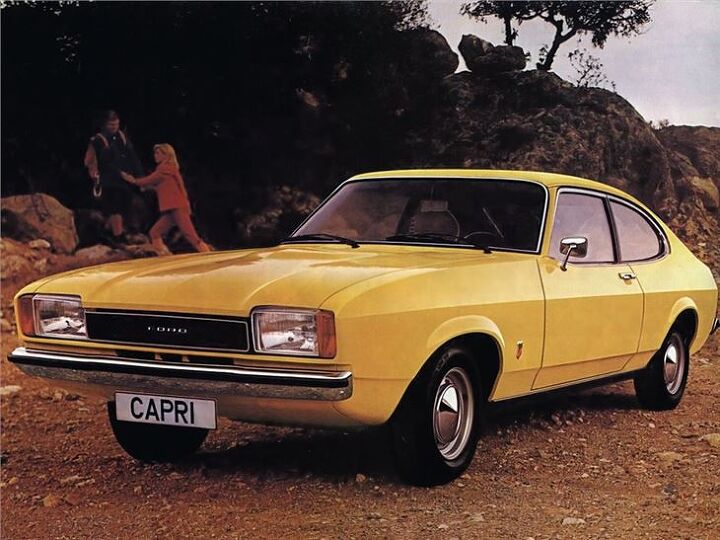
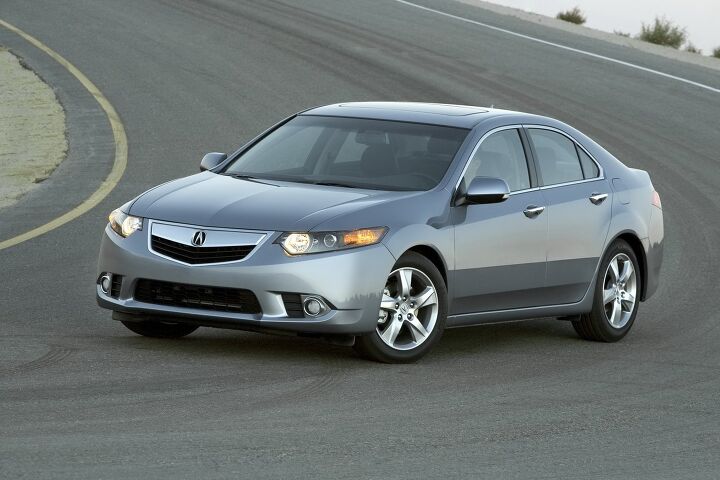

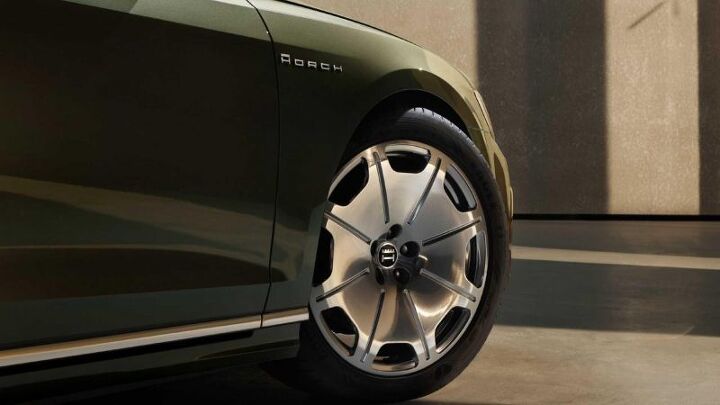
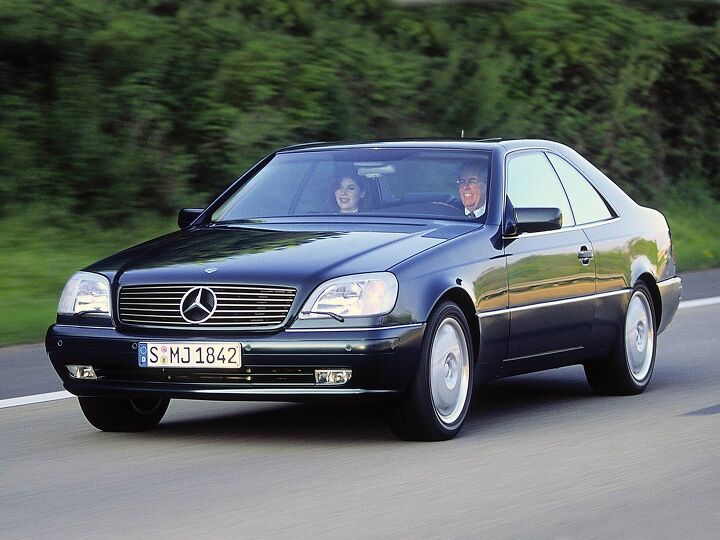

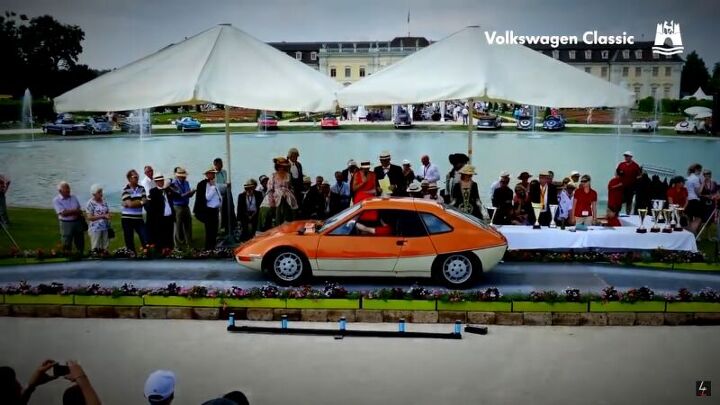
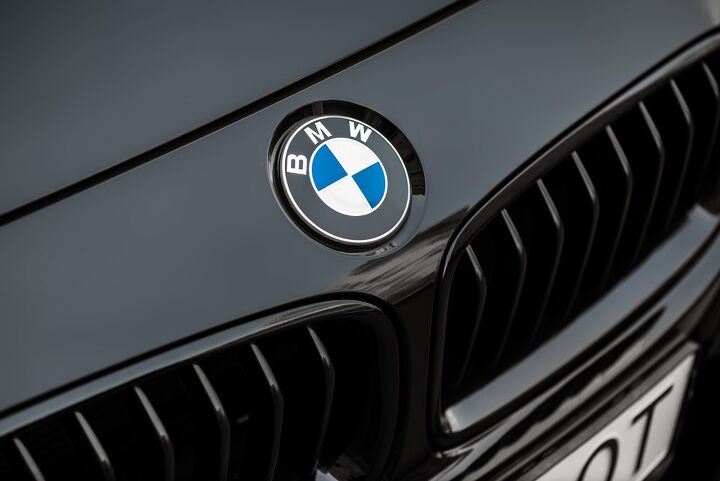
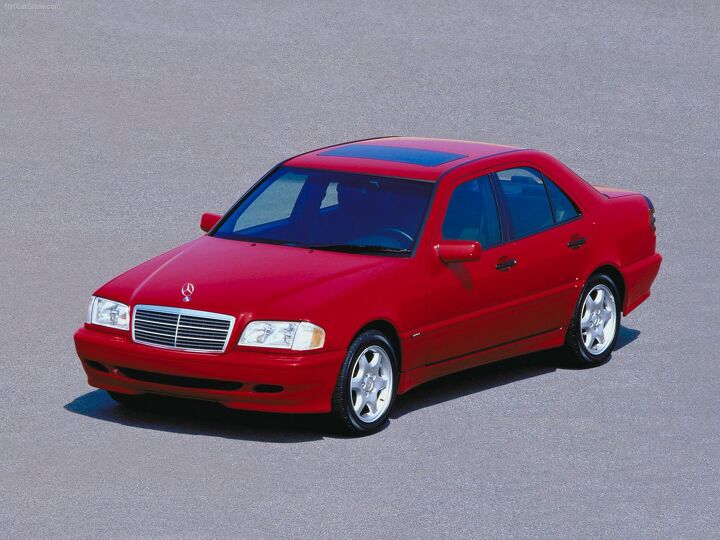
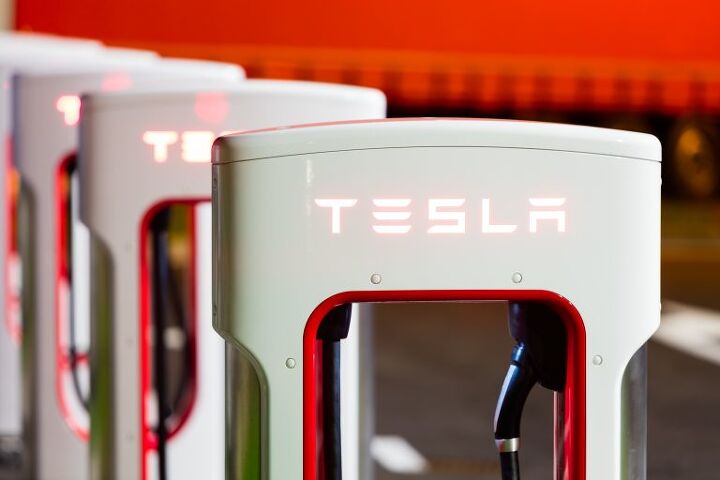
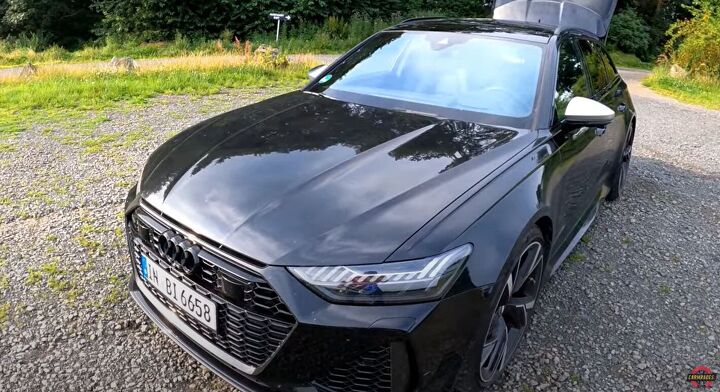














Recent Comments